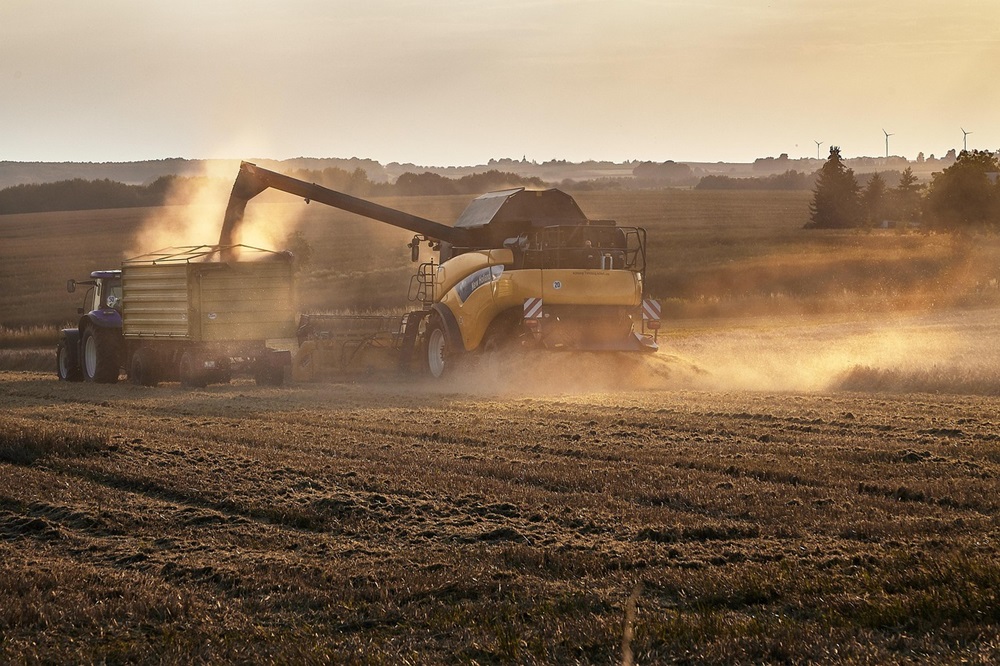
To mark World Microbiome Day 2025 (Friday 27 June), CABI takes a look back at its recent work – putting the microbiome ‘under the microscope’ to see how this community of micro-organisms live together in a particular ecosystem where humans, animals, and plants all have their own unique microbiomes.
Microbiomes are communities of microorganisms, including bacteria, fungi, viruses, and other tiny life forms, that live in and around us. They play crucial roles in maintaining the health of humans, animals, plants, and the environment.
These microscopic organisms are involved in processes that are essential for life. For instance, they help us digest food, protect us from harmful pathogens, and even influence our mood and behaviour. In agriculture, microbiomes support plant growth and soil health, while in the environment, they contribute to nutrient cycling and pollution breakdown.
Farming Innovation Programme award to explore vital role of soil microbiomes and move towards greater sustainable agriculture in the UK
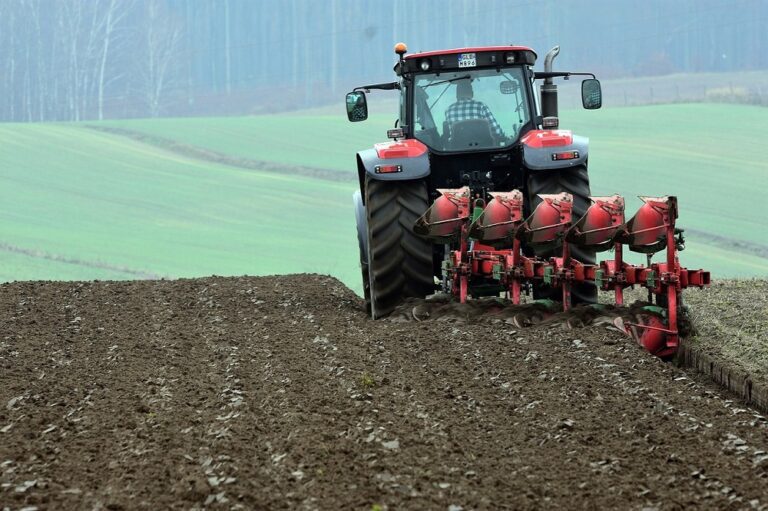
Back in February 2024, we reported how Eagle Genomics announced an award from DEFRA’s Farming Innovation Programme to explore – in partnership with Rothamsted Research and CABI – the vital role of soil microbiomes as part of a move towards greater sustainable agriculture and net zero food production to feed the planet’s growing population.
By leveraging science from Rothamsted Research and CABI – as well as novel data analysis and insights using Eagle Genomics’ innovative e[datascientist] platform – this two-year feasibility study advances an understanding of arable soil and farming practices to promote regenerative farming.
Read more here.
National Reference Collection launch gives access to a unique catalogue of UK crop-related microorganisms
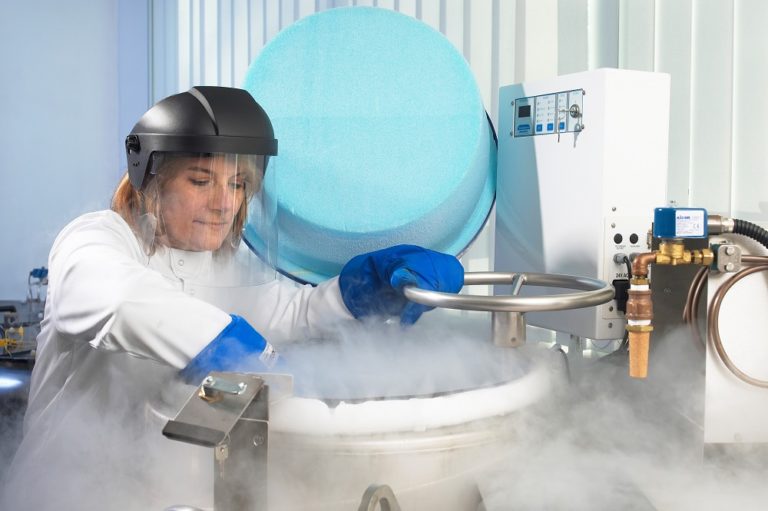
And in February 2021, we published news of the UK’s first catalogue of UK crop-related microorganisms has now been launched by CHAP, in partnership with CABI and Fera.
The CHAP National Reference Collection (NRC), which brings together the renowned collections of CABI and Fera, is the first of its type for plant pathogenic fungi and bacteria in the UK.
Accessible to all through a single searchable database this unique catalogue of authenticated UK crop biotic threats can help identify crop pathogens and enable the screening of potential new biopesticides.
Read more here about this unique collection of crop associated microorganisms held at CABI and FERA – available through a single portal, allowing scientists to easily search for the resources they require to enable their research.
Conserving and using genetic resources as part of CABI’s commitment to the Nagoya Protocol
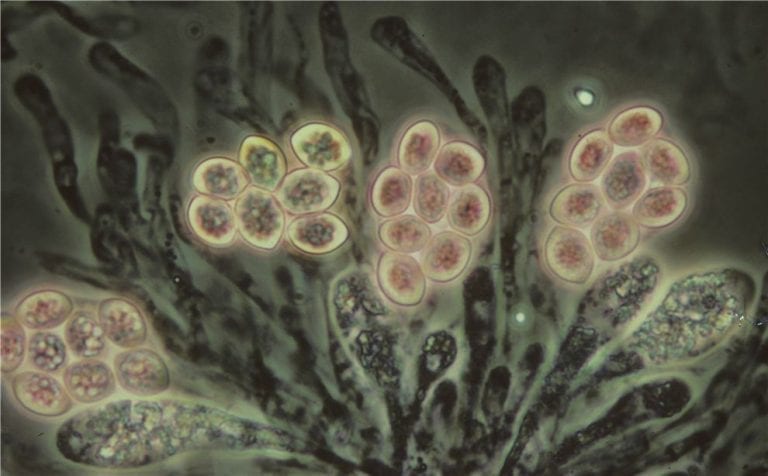
In July 2018 CABI stepped up measures to ensure its research with genetic resources from around the world can be shared with others to improve yields in global agriculture while at the same time supporting the conversation of biodiversity.
CABI, in complying with the Nagoya Protocol on Access and Benefit Sharing (ABS), created a team of CABI ABS ‘Champions’ in Europe, Africa, Asia and South America to liaise with host countries so CABI can carry out its work in compliance with local needs.
The Nagoya Protocol was adopted in October 2010 in Nagoya, Japan and came into force in October 2014. It aims to create greater legal certainty and transparency for both providers and users of genetic resources by establishing more predictable conditions for access to genetic resources and helping to ensure benefit-sharing when genetic resources leave the country providing such resources.
Read more here.
Landmark paper calls for the need to develop the world’s microbiome biobanking infrastructure
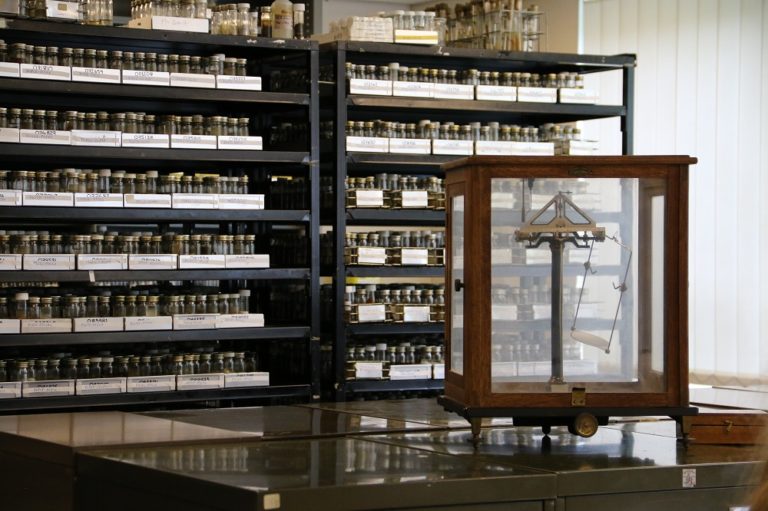
In August 2020, A team of scientists, led by CABI’s Dr Matthew Ryan, outlined a series of challenges and opportunities presented in a necessary review of how microbiomes – biological communities including bacteria, archaea, fungi, algae, protists and viruses – can be ‘banked’ and preserved for generations to come.
The researchers, who called for a prioritized list of what should be conserved from a scientific, economic, social and environmental perspective, presented their views in the journal Trends in Microbiology and also suggested that the current biobanking infrastructure is ‘fragmented and not prepared for the biobanking of microbiomes.’
Dr Ryan, Curator of CABI’s Genetic Resource Collection, a type of biobank, said, “The microbiome research field is rapidly evolving, but the required biobanking infrastructure is currently fragmented and not prepared for the biobanking of microbiomes. The rapid advancement of technologies requires an urgent assessment of how biobanks can underpin research by preserving microbiome samples and their functional potential.”
Read more about this story here.
Additional information
World Microbiome Day
Held annually on 27th June, this special day is dedicated to celebrating and raising awareness about the fascinating world of microbiomes. Find out more from the official website here.
Projects where CABI is a working partner
The UK Crop Microbiome CryoBank
The UK Crop Microbiome Cryobank project is developing a unique, exploitable and integrated resource that will provide the biological and bioinformatic tools to enable the development of solutions to improve soil and crop health. Six of the UK’s key crops will be the focus and usable outputs will underpin UK research activity in line with the Biotechnology and Biological Sciences Research Council (BBSRC) strategic priorities in agriculture and food security. The project supports three of the UN’s Sustainable-Development Goals: Zero Hunger, Responsible Consumption, and Production and Life on Land.
MICROBES-4-CLIMATE
MICROBES-4-CLIMATE (M4C) aims to deepen the comprehension of the complex relationships among microorganisms, plants, and soil within the framework of Climate Change. By offering access to advanced Research Infrastructures, training, and assistance, the project seeks to encourage research tackling the multifaceted challenges presented by Climate Change to terrestrial biodiversity and ecosystems.
Video – Dr Matt Ryan talks about the EU-funded project MICROBES-4-CLIMATE (M4C)
1 Comment
Leave a Reply
Related News & Blogs
Microbial communities and their effects on corn and soybean growth
Microbes are essential for the health of living organisms, whether they be in humans, animals or in the soil. In recent years, soil microbial communities have emerged as a hot topic of research, because of the role they play in healthy, productive soil…
16 October 2021




Really informative post.